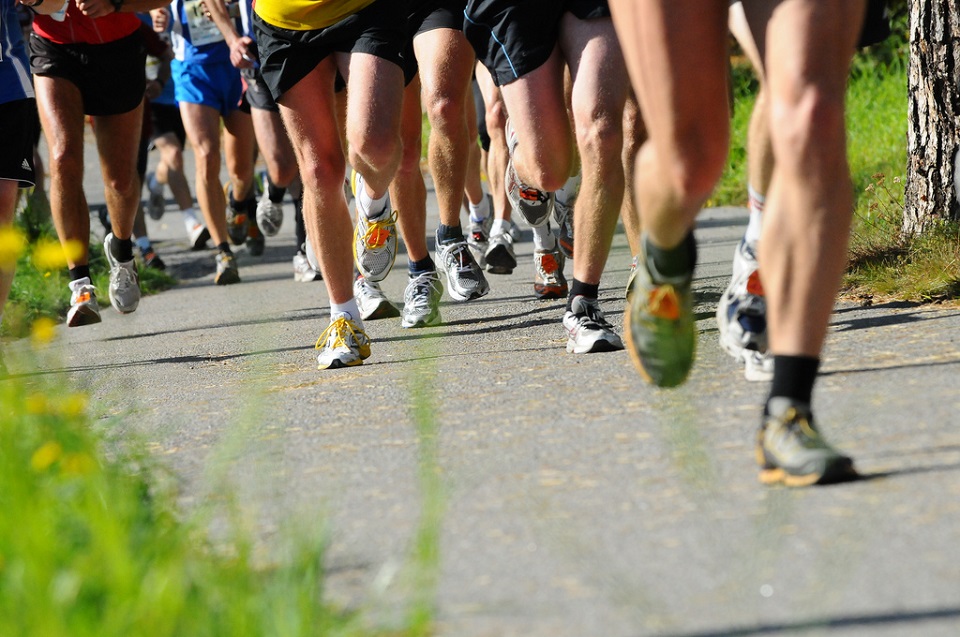
This study aims to assess the effects of carbohydrate ingestion during a workout. If it has an effect on the mood or perceived exertion and thereby performance of athletes.
The Study
Published in the Journal of the International Society of Sports Nutrition, the study compared a sports drink to a carb-free electrolyte drink and also just good old-fashioned water.
The researchers then examined psychological factors, mood, and perceived exertion. These are indeed relevant aspects as they cause us to stop working out earlier than planned.
The resulting data is perhaps somewhat surprising. As there was no difference between the groups. With no major effect given by none of the sports drinks. Even when the researchers especially examined the potential effect on the final anaerobic burst at the end of the workout. Even if the sport drink athletes had more sugar in their blood.
So, this study underlines the importance of already being hydrated before the workout session. Since it doesn’t matter what you drink or how much of it when it comes to performance in the short term. As long as you don’t start working out dehydrated.
If the aim of your workout is to lose weight, then it would be an especially good idea to skip those carb-heavy drinks as they would indeed be counterproductive.
ABSTRACT:
BACKGROUND: This study compared the effects of ingesting water (W), a flavored carbohydrate-electrolyte (CE) or a flavored non-caloric electrolyte (NCE) beverage on mood, ratings of perceived exertion (RPE), and sprint power during cycling in recreational exercisers.
METHODS:
Men (n = 23) and women (n = 13) consumed a 24-h standardized diet and reported 2–4 h post-prandial for all test sessions. After a familiarization session, participants completed 50 min of stationary cycling in a warm environment (wet bulb globe temperature = 25.0[degree sign]C) at ~60-65% of heart rate reserve (146 +/- 4 bpm) interspersed with 5 rest periods of 2 min each. During exercise, participants consumed W, CE, or NCE, served in a counterbalanced cross-over design. Beverage volume was served in 3 aliquots equaling each individual’s sweat losses (mean 847 +/- 368 mL) during the familiarization session. Profiles of Mood States questionnaires (POMS) were administered and blood glucose levels were determined pre- and post- sub-maximal cycling. Following sub-maximal exercise, participants completed 3 30-s Wingate anaerobic tests (WAnT) with 2.5 min rest between tests to assess performance.RESULTS:
Blood glucose was higher (p < 0.05) after 50 min of submaximal cycling just prior to the WAnT for CE (6.1 +/- 1.7 mmol/L) compared to W (4.9 +/- 1.5 mmol/L) and NCE (4.6 +/- 1.2 mmol/L). Nonetheless, there were no differences among treatments in peak (642 +/- 153, 635 +/- 143, 650 +/- 141 watts for W, NCE, and CE, respectively; p = 0.44) or mean (455 +/- 100, 458 +/- 95, 454 +/- 95 watts for W, NCE, and CE, respectively; p = 0.62) power for the first WAnT or mean (414 +/- 92, 425 +/- 85, 423 +/- 82 watts, respectively; p = 0.13) power output averaged across all 3 WAnT. Likewise, RPE during submaximal exercise, session RPE, and fatigue and vigor assessed by POMS did not differ among beverage treatments (p > 0.05).CONCLUSIONS:
Carbohydrate ingestion consumed by recreational exercisers during a 1-h, moderate-intensity aerobic workout did not alter mood or perceived exertion, nor did it affect subsequent anaerobic performance under the conditions of this study. Drinking caloric sport beverages does not benefit recreational exercisers in a non-fasted state.
______________________________
J Int Soc Sports Nutr. 2013 Jan 24;10(1):4. Post-prandial carbohydrate ingestion during 1-h of moderate-intensity, intermittent cycling does not improve mood, perceived exertion, or subsequent power output in recreationally-active exercisers.
_______________

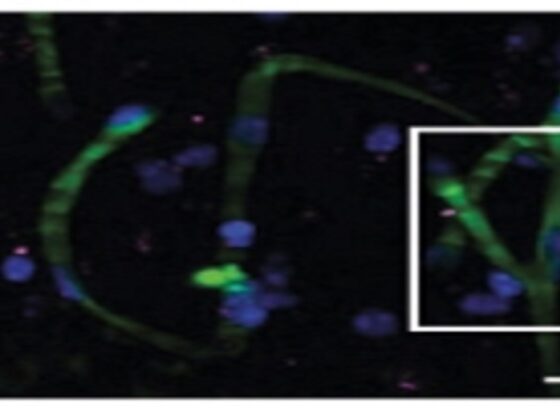
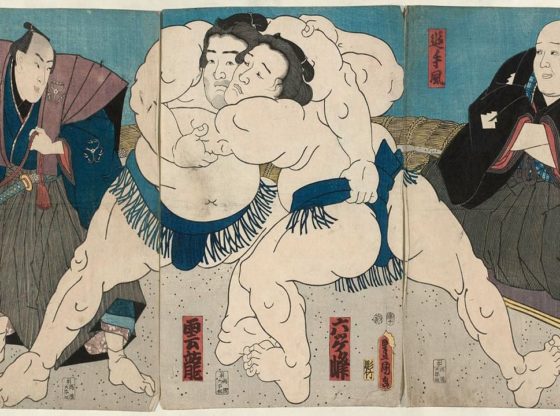
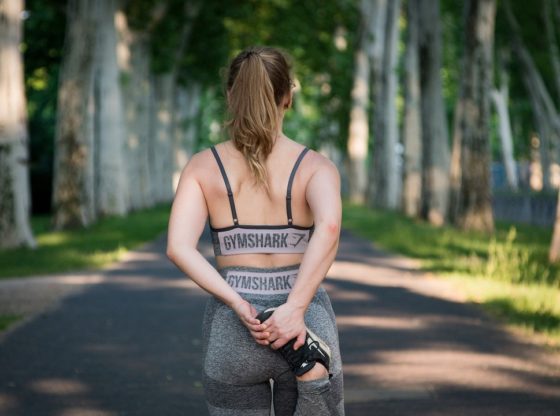
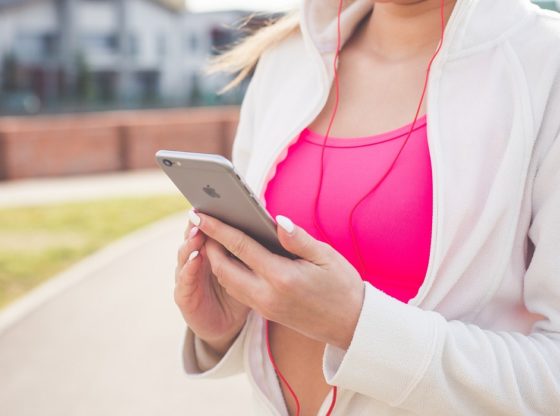
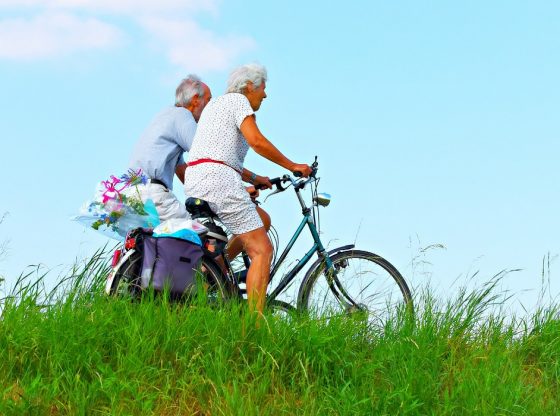

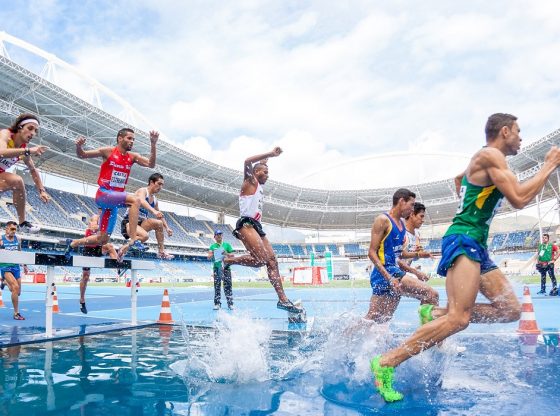
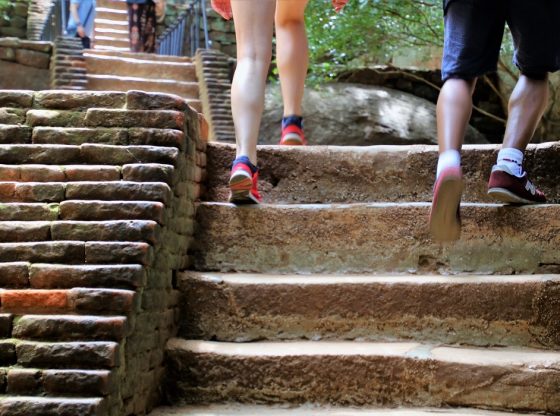
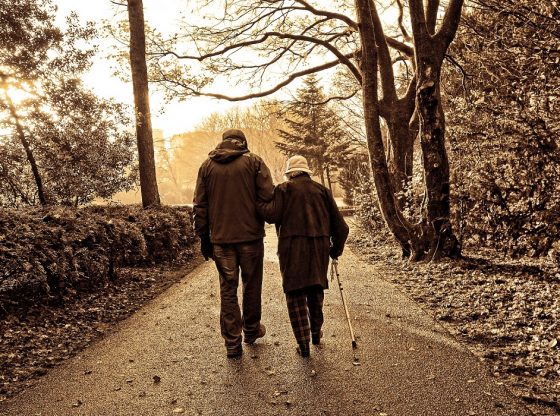
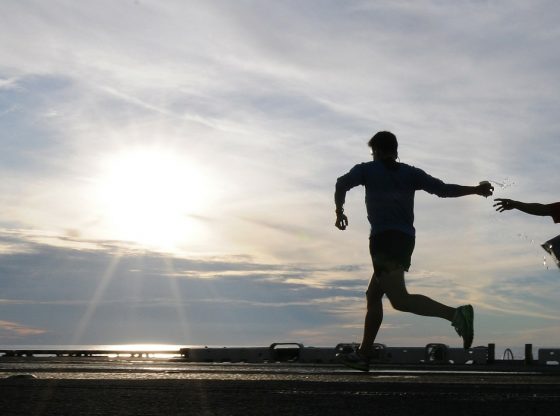
![OpenAI. (2025). ChatGPT [Large language model]. https://chatgpt.com](https://www.illustratedcuriosity.com/files/media/55136/b1b0b614-5b72-486c-901d-ff244549d67a-350x260.webp)
![OpenAI. (2025). ChatGPT [Large language model]. https://chatgpt.com](https://www.illustratedcuriosity.com/files/media/55124/79bc18fa-f616-4951-856f-cc724ad5d497-350x260.webp)
![OpenAI. (2025). ChatGPT [Large language model]. https://chatgpt.com](https://www.illustratedcuriosity.com/files/media/55099/2638a982-b4de-4913-8a1c-1479df352bf3-350x260.webp)








